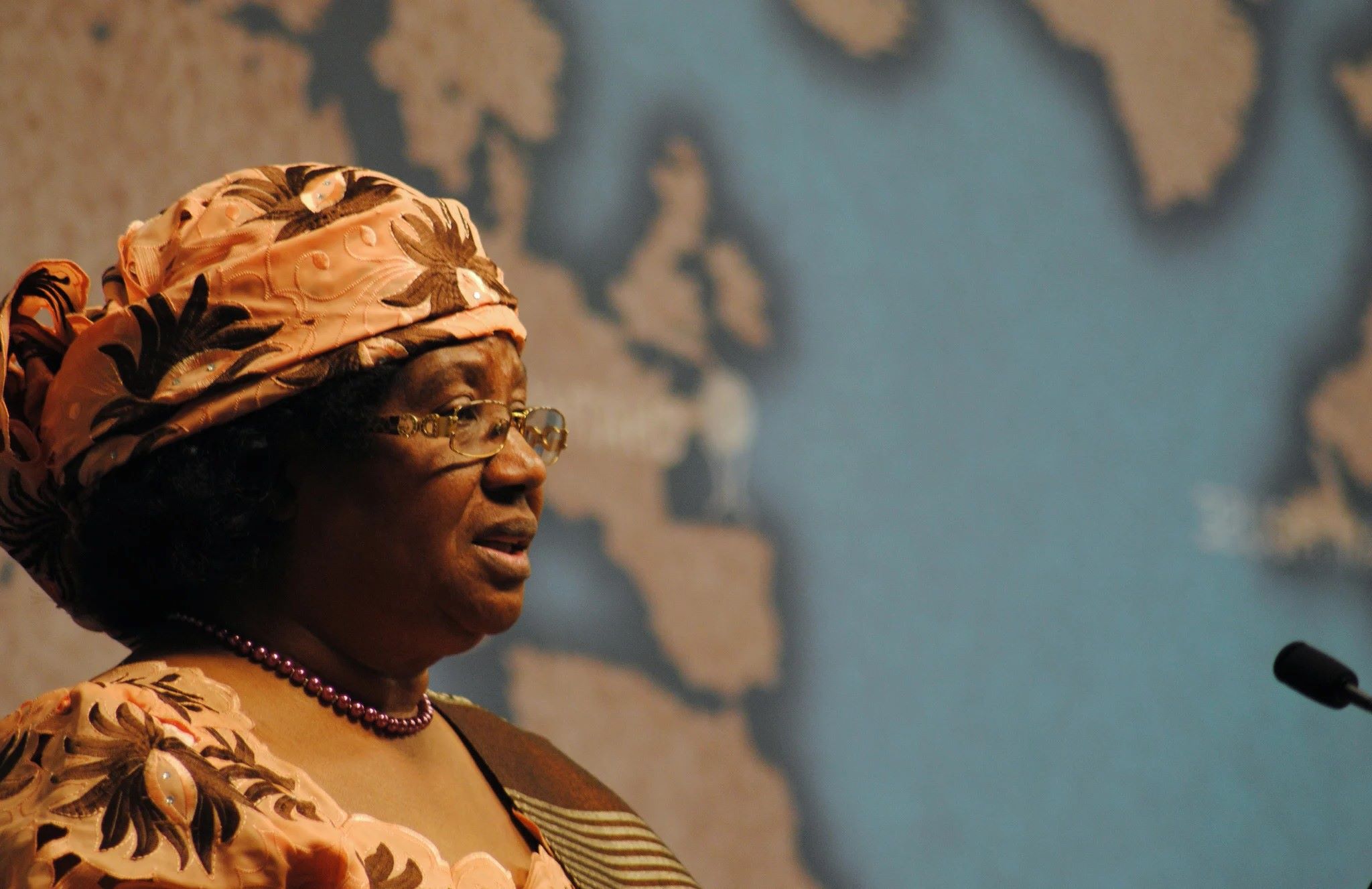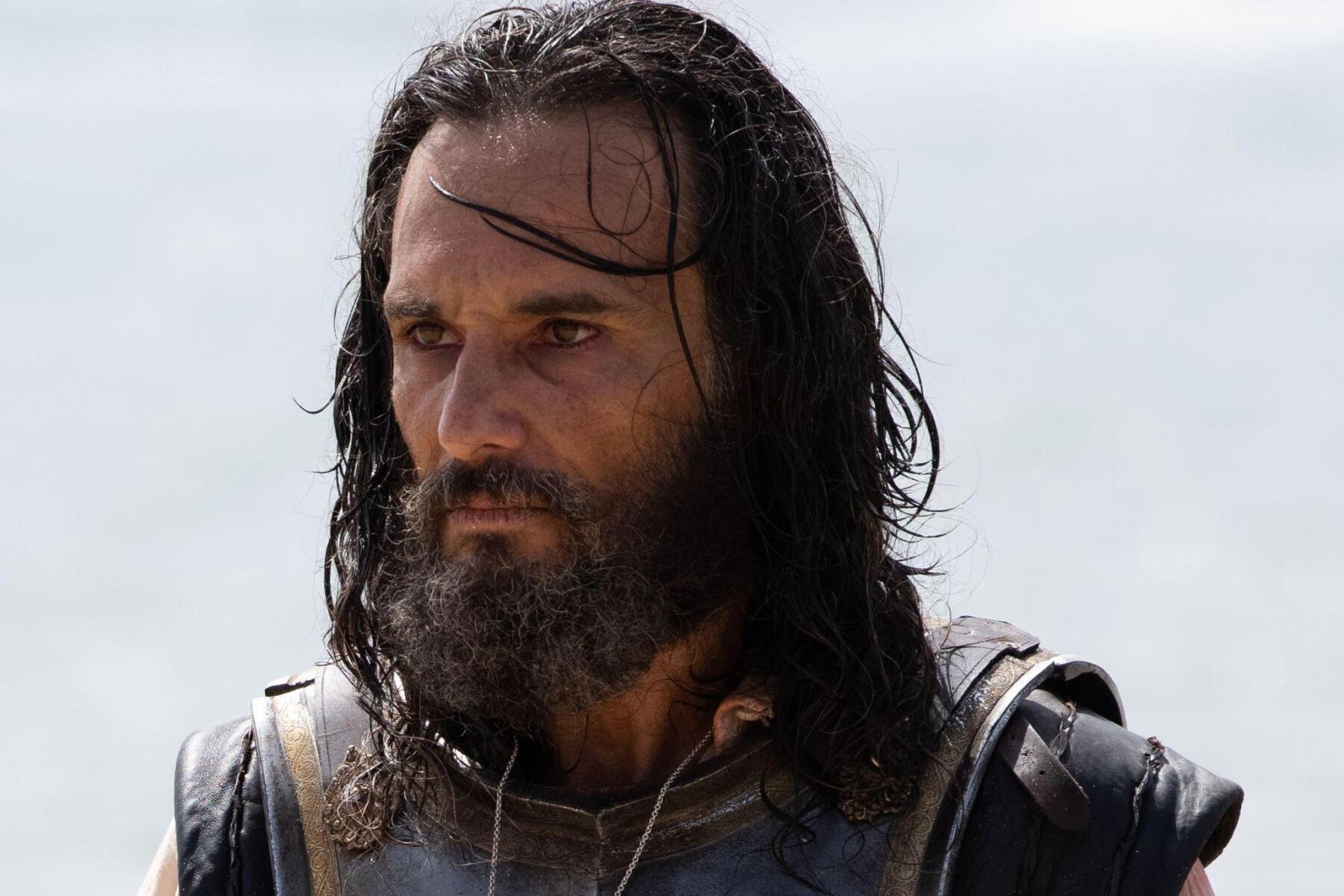
What was the Cashgate scandal? Cashgate was a massive financial scandal that shook Malawi in 2013. It involved the theft of millions of dollars from the government’s treasury, revealing deep-rooted corruption within the system. The scandal came to light when a senior official discovered that funds had been siphoned off through fake companies and manipulated invoices. This led to international aid being suspended, arrests of high-ranking officials, and widespread protests. The scandal had a severe impact on Malawi’s economy and governance, highlighting the urgent need for transparency and accountability in public finance management.
What is Cashgate?
Cashgate, a massive financial scandal, shook Malawi in 2013. It revealed the theft of millions from the government, causing outrage and demands for accountability. Let's dive into the details.
-
Cashgate was a financial scandal that emerged in Malawi in 2013. This scandal involved the theft of millions of dollars from the government's treasury, leading to a significant crisis in the country's governance and economy.
-
Malawi, a small landlocked country in southeastern Africa, has faced numerous economic challenges over the years. The country relies heavily on foreign aid and has struggled to manage its finances effectively. The Cashgate scandal was a culmination of these issues, highlighting the need for robust financial management and accountability.
How Did the Scandal Unfold?
The scandal didn't happen overnight. It was a series of events that led to the exposure of massive corruption.
-
The scandal came to light in July 2013 when a senior government official discovered financial irregularities. This official found that millions of dollars had been siphoned off from the treasury, sparking widespread outrage and calls for action.
-
Several high-ranking government officials and businesspeople were implicated in the scandal. Notable figures included former Finance Minister Ken Lipenga, former Director of Public Procurement Paul Mphwiyo, and several other government officials and business executives.
Methods Used for Theft
The methods used to steal the money were both cunning and complex.
-
The thieves used various methods to siphon off funds. These included creating fake companies and invoices, and manipulating procurement processes to divert money into their own accounts. Corrupt officials often facilitated these actions by turning a blind eye to the irregularities.
-
Estimates suggest that over $30 million was stolen from the government's treasury. This amount is significant, considering Malawi's annual budget is around $1.5 billion.
Reactions to Cashgate
The scandal drew reactions from both within Malawi and the international community.
-
The international community was quick to respond to the scandal. The United States, the United Kingdom, and other donor countries suspended aid to Malawi, citing concerns over corruption and governance.
-
The scandal led to widespread protests and calls for the resignation of President Joyce Banda. The government established a commission of inquiry to investigate the scandal and recommend measures to prevent future occurrences.
Arrests and Trials
Law enforcement took action against those involved, leading to several high-profile arrests.
- Several high-profile arrests were made in connection with the scandal. Notable figures like Paul Mphwiyo, who had blown the whistle on the scandal, were targeted for their role in exposing the corruption.
Impact on Governance and Economy
The scandal had far-reaching effects on Malawi's governance and economy.
-
The scandal highlighted the need for robust governance structures in Malawi. It led to reforms aimed at strengthening financial management and accountability within the government.
-
The scandal had a significant economic impact on Malawi. The suspension of international aid led to a decline in foreign investment and a rise in inflation. The country's economy was severely affected, leading to food shortages and other economic challenges.
Role of Civil Society and Media
Civil society organizations and the media played crucial roles in exposing and covering the scandal.
-
Civil society organizations played a crucial role in exposing the scandal. Activists and journalists worked tirelessly to uncover the details of the scandal, often at great personal risk.
-
The media played a critical role in bringing the scandal to light. Local and international media outlets provided extensive coverage, highlighting the scale and severity of the corruption.
International Cooperation and Reforms
International organizations stepped in to help Malawi recover and implement reforms.
-
The international community provided support to Malawi in addressing the scandal. Organizations like the United Nations Development Programme (UNDP) and the World Bank offered technical assistance to help the country recover from the crisis.
-
The commission of inquiry established by the government made several recommendations aimed at preventing future corruption. These included strengthening financial management systems, enhancing transparency, and increasing accountability within the government.
Challenges and Legacy
Implementing reforms proved challenging, and the scandal left a lasting legacy.
-
Implementing the reforms proved challenging. The lack of institutional capacity and the entrenched culture of corruption made it difficult to effect meaningful change.
-
The Cashgate scandal left a lasting legacy in Malawi. It highlighted the need for sustained efforts to combat corruption and improve governance. The scandal also underscored the importance of transparency and accountability in public finance management.
Public Trust and Rebuilding Efforts
The scandal eroded public trust, but efforts were made to rebuild it.
-
The scandal significantly eroded public trust in government institutions. The widespread perception of corruption led to a decline in confidence in the ability of the government to manage public resources effectively.
-
Efforts to rebuild trust were initiated through various reforms. These included the establishment of an anti-corruption bureau, the strengthening of financial management systems, and the implementation of transparency measures.
-
The Cashgate scandal was a defining moment in Malawi's history. It highlighted the need for robust governance structures and the importance of transparency and accountability in public finance management. The scandal's legacy continues to shape the country's efforts to combat corruption and improve governance.
Lessons from Cashgate
Cashgate was a wake-up call for Malawi, exposing deep-rooted corruption and the urgent need for better governance. The scandal, involving the theft of over $30 million, shook the nation and led to significant economic and political fallout. High-ranking officials and businesspeople were implicated, revealing the extent of the corruption.
The international community's response, including the suspension of aid, highlighted the global importance of transparency and accountability. Civil society and media played crucial roles in uncovering the scandal, showing the power of collective action.
Reforms were recommended to prevent future corruption, but implementing them proved challenging. The scandal eroded public trust in government institutions, emphasizing the need for sustained efforts to rebuild confidence.
Cashgate's legacy continues to influence Malawi's fight against corruption, reminding us of the importance of robust governance structures and the ongoing battle for transparency and accountability.
Was this page helpful?
Our commitment to delivering trustworthy and engaging content is at the heart of what we do. Each fact on our site is contributed by real users like you, bringing a wealth of diverse insights and information. To ensure the highest standards of accuracy and reliability, our dedicated editors meticulously review each submission. This process guarantees that the facts we share are not only fascinating but also credible. Trust in our commitment to quality and authenticity as you explore and learn with us.


